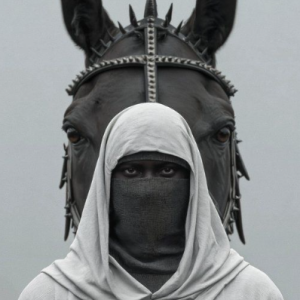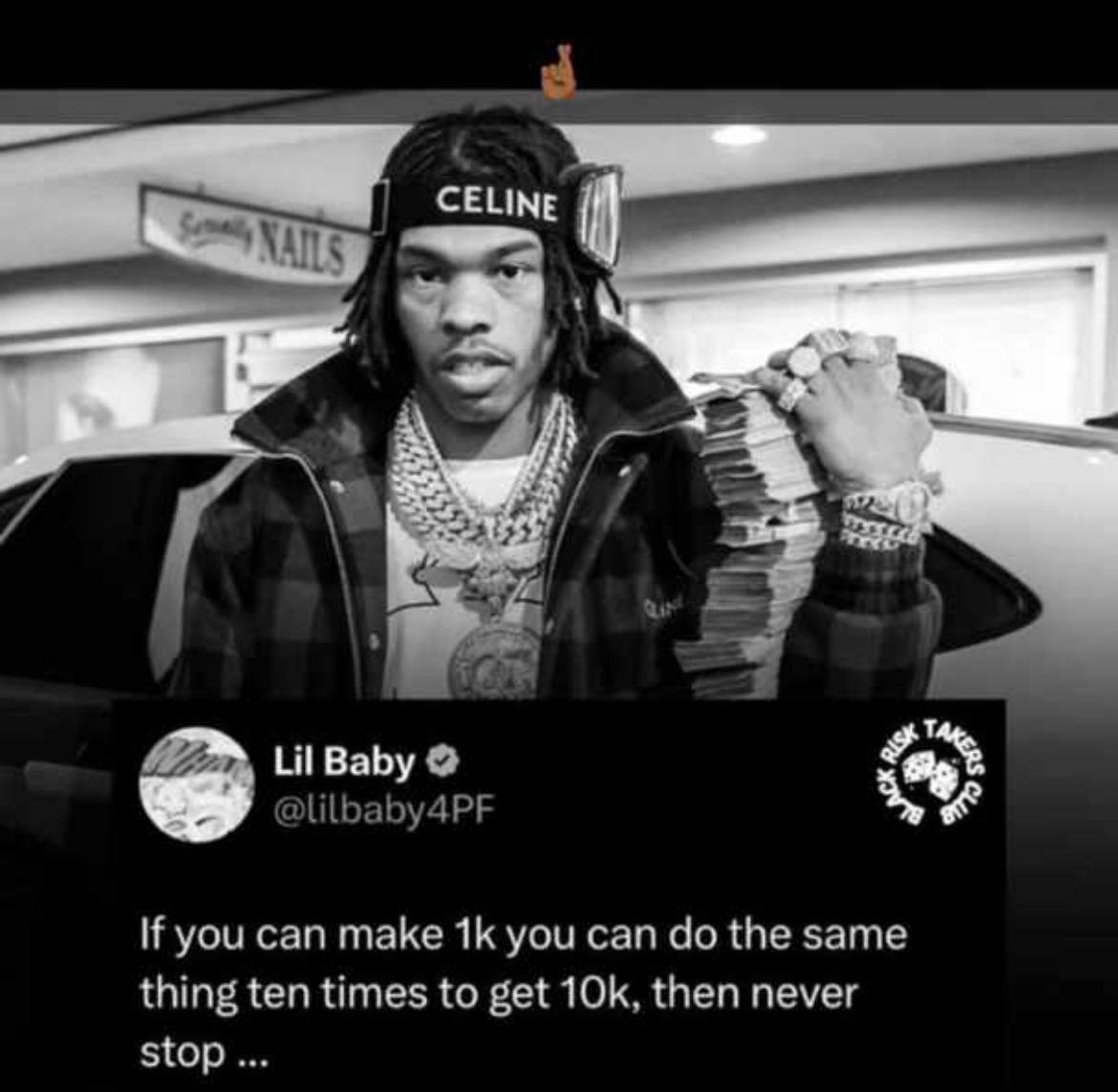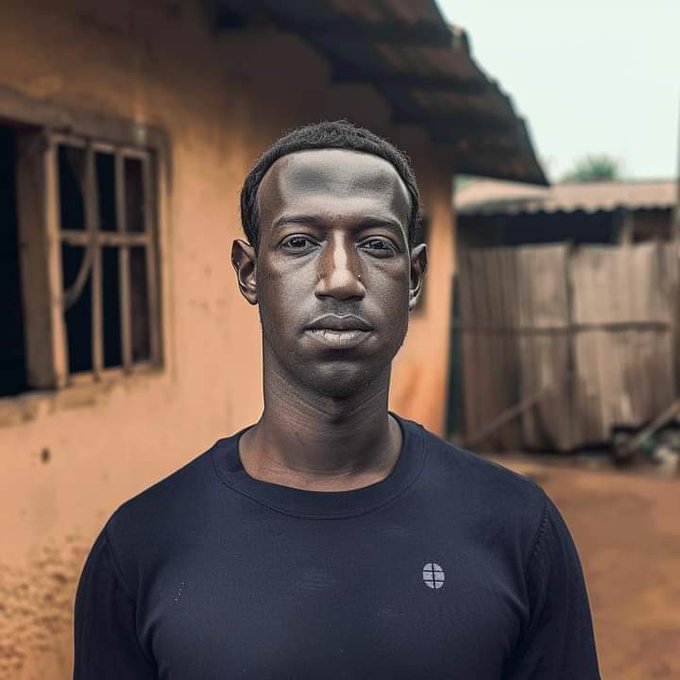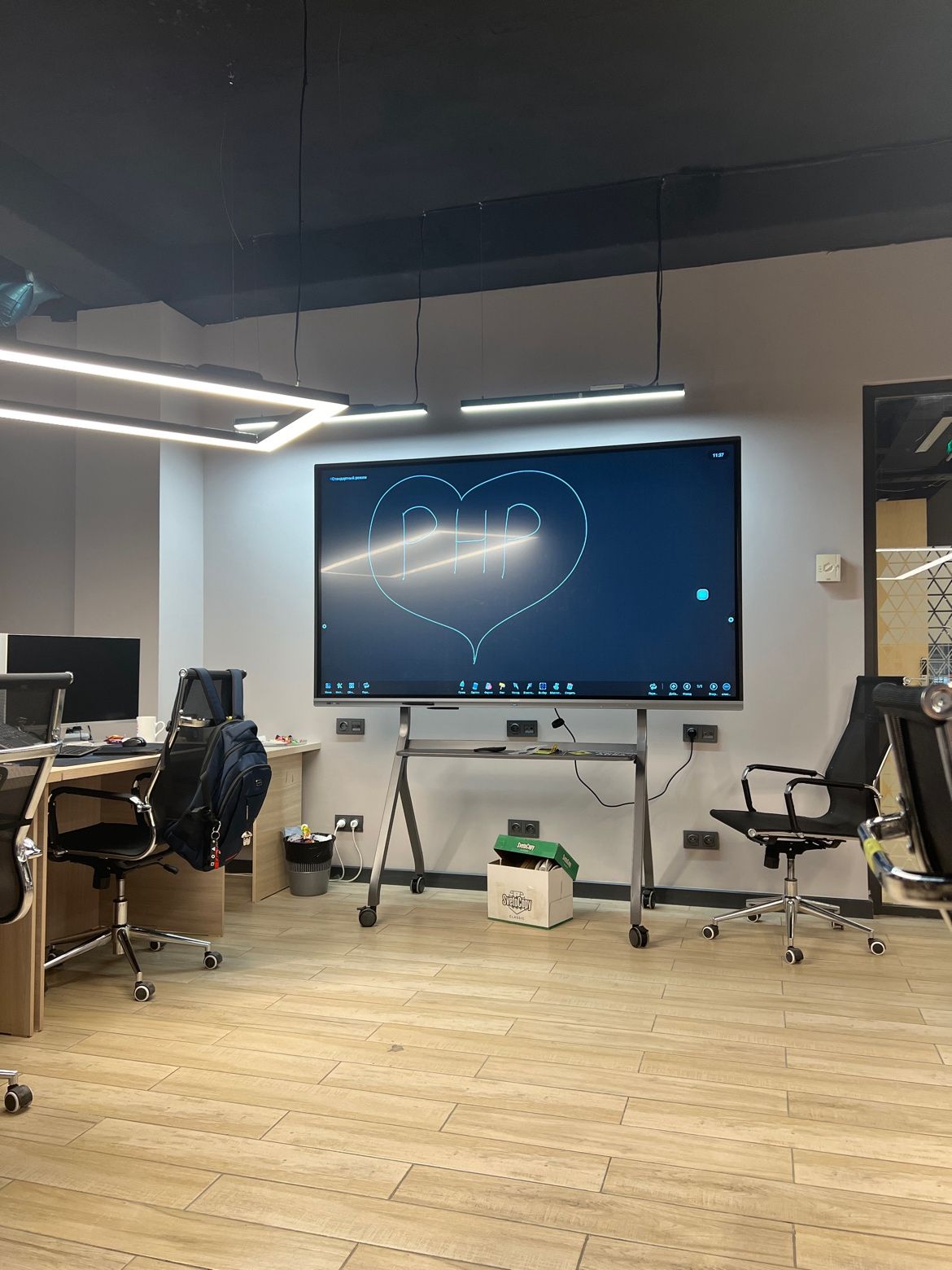:relaxed: What If Mark Zuckerberg Was African? A Hypothetical Exploration
In a world where identities shape the influence and direction of major tech platforms, imagining Mark Zuckerberg as African provides a fascinating thought experiment. It prompts us to consider how cultural, social, and economic factors might have influenced his journey and the development of Facebook.
A New Cultural Context If Mark Zuckerberg were African, his background would bring a distinct cultural... see more
:relaxed: What If Mark Zuckerberg Was African? A Hypothetical Exploration
In a world where identities shape the influence and direction of major tech platforms, imagining Mark Zuckerberg as African provides a fascinating thought experiment. It prompts us to consider how cultural, social, and economic factors might have influenced his journey and the development of Facebook.
A New Cultural Context If Mark Zuckerberg were African, his background would bring a distinct cultural perspective to the tech world. African cultures are incredibly diverse, each with unique traditions, values, and ways of interacting. This rich tapestry of cultural influences could have shaped Facebook in several meaningful ways.
1. Community Focus: African societies often emphasize community and collective well-being. Zuckerberg’s approach to social networking might have been more focused on enhancing local connections and fostering community support. Features that prioritize community engagement, local news, and support for grassroots movements might have been more prominent.
2. Local Content and Language: With an African identity, Zuckerberg might have been more inclined to cater to the continent's diverse languages and cultures. Facebook could have featured more local languages and dialects, providing a platform for a wider range of voices and content. This could have accelerated digital inclusion and representation across the continent.
3. Development Focus: Zuckerberg's approach to technology and innovation might have been more aligned with addressing local challenges. This could include creating solutions for low-bandwidth internet access, mobile-first experiences, and applications tailored to the specific needs of African users.
Economic Impacts
The economic environment in which Zuckerberg grew up would also have a significant impact on his journey. Africa's varied economic landscapes—ranging from emerging markets to more developed economies—would influence the development and scaling of his venture.
1. Resource Constraints: Operating within the constraints of limited resources might have led to more frugal and innovative approaches. Zuckerberg could have developed leaner, more adaptable technology solutions that address constraints such as infrastructure and connectivity.
2. Investment Challenges: Securing funding might have been more challenging, given the varying levels of investment in tech startups across Africa. This could have led to a different path of growth, possibly relying more on bootstrapping and partnerships with local businesses and organizations.
3. Economic Opportunities: Conversely, the burgeoning tech ecosystems in cities like Nairobi, Lagos, and Johannesburg might have provided unique opportunities. Collaborations with local tech hubs and startups could have driven innovation and created a different trajectory for Facebook’s expansion.
Social and Political Considerations
In an African context, social and political factors would play a crucial role in shaping Zuckerberg’s approach and the platform’s impact.
Policy and Regulation: Different regulatory environments across African countries could have influenced how Facebook navigates issues like data privacy, content moderation, and user rights. Zuckerberg’s strategies might have adapted to address diverse regulatory frameworks and regional challenges.
1. Social Issues: Addressing issues such as digital literacy, internet access disparities, and the digital divide would likely be central to Zuckerberg's mission. His efforts might have focused on promoting digital education and fostering equitable access to technology.
2. Cultural Sensitivity: Navigating the complexities of African social norms and values would have required a nuanced approach. Zuckerberg might have been more attuned to the cultural sensitivities of various regions, leading to a more inclusive and respectful platform.
Conclusion
Imagining Mark Zuckerberg as African highlights the profound impact that cultural, economic, and social factors have on the development of technology and its global influence. While the essence of creating a platform that connects people might remain the same, the specifics of how Facebook evolved could be quite different. This thought experiment underscores the importance of diverse perspectives in shaping the future of technology and its role in our lives.
2 people reacted to this. Views 6
#Did U Know:interrobang: #Kiss
:heart:People kiss at weddings because kisses were used in ancient times to seal contracts.
:kiss:In ancient Rome, the wedding kiss was more of a legal formality; it symbolized a transaction that had taken place. Back then, marriage was considered a contract and the kiss was the “signature†that rendered the contract binding
1 person reacted to this. Views 1
2 people reacted to this. Comments 1 Views 0
The GHOne TV general manager said this in response to a Twitter troll when she posted a video of herself hanging out with the footballer.
The troll rûdely quoted her tweet with the comment “Did she get home safe?â€, which Nana Aba described as a stûpîd question.
“Yes, I did. I always feel safe around Partey. He’s a perfect gentleman. Do you have another stüpìd question?†she wrote.
Views 2


 Please Wait..
Please Wait..




















